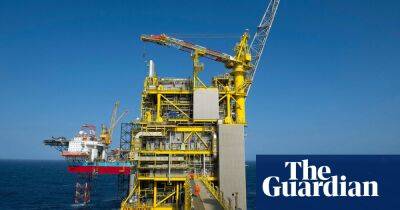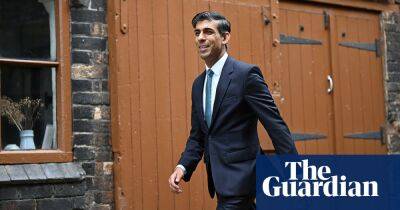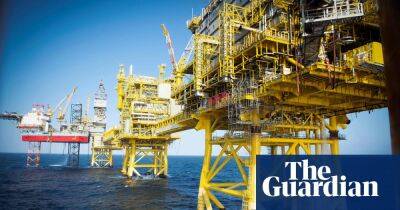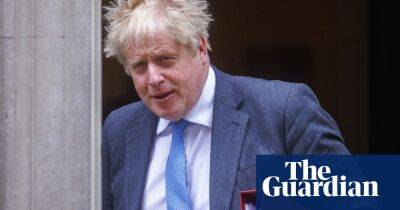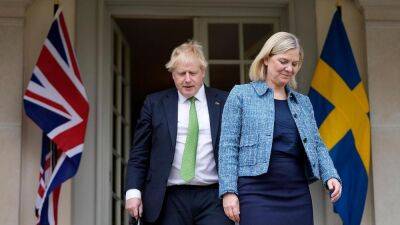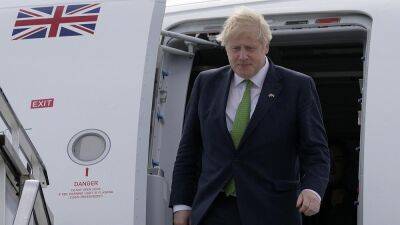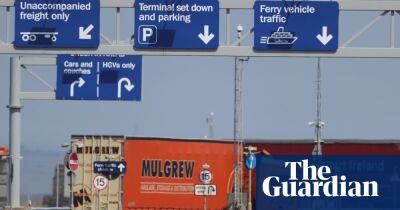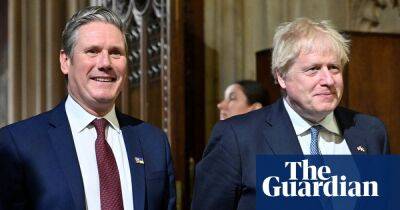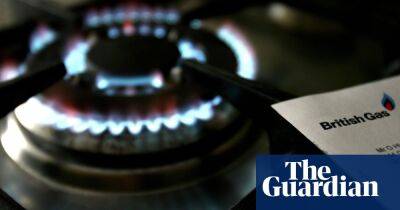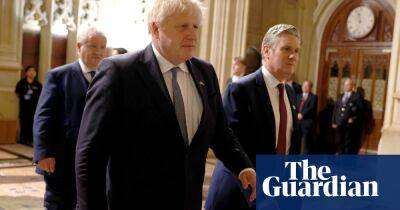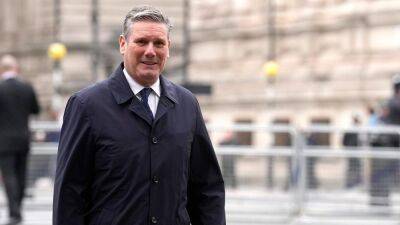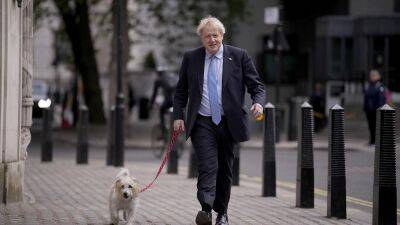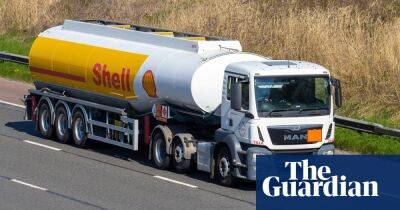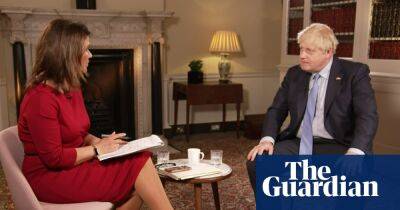‘Don’t tax energy giants – they invest in Britain’s future.’ Let’s drill down into that
The image of Elsie, the 77-year-old pensioner whom Good Morning Britain’s Susanna Reid used as an example when interviewing Boris Johnson about the cost of living crisis on Tuesday, was shocking. Having to eat just one meal a day and riding on buses to avoid putting on the heating on at home: it’s morally – and politically – indefensible. Just imagine the extreme measures people will be taking come autumn, when temperatures drop and energy bills rise yet again.
According to Reid, Elsie’s energy bills have risen from £17 a month to £85 a month. Meanwhile, the energy company BP just announced underlying quarterly profits of nearly £5bn; Shell’s profits are likely to be similarly huge. Asked whether he would countenance taking some of the profits from oil giants like BP and Shell to help people such as Elsie, Johnson said: “If you put a windfall tax on the energy companies, what that means is that you discourage them from making the investments that we want to see.”
The energy lobby claims that the industry will invest £20bn on UK projects to extract oil and gas between now and 2026 to generate UK energy security. Leaving aside for one moment the irrefutable climate imperative to keep new oil and gas in the ground, will the British public really get a secure supply of affordable energy from this “investment”, as Johnson seems to believe?
In short: no. According to research by Uplift, the campaign organisation I direct, three-quarters of this planned “investment” – 72% – is in North Sea oil (as opposed to gas) fields, and the majority of this oil – 80% – will probably be shipped abroad. Investing in these oilfields will reap huge profits for the energy companies that hold the licences to these areas, but will do little to
Read more on theguardian.com


